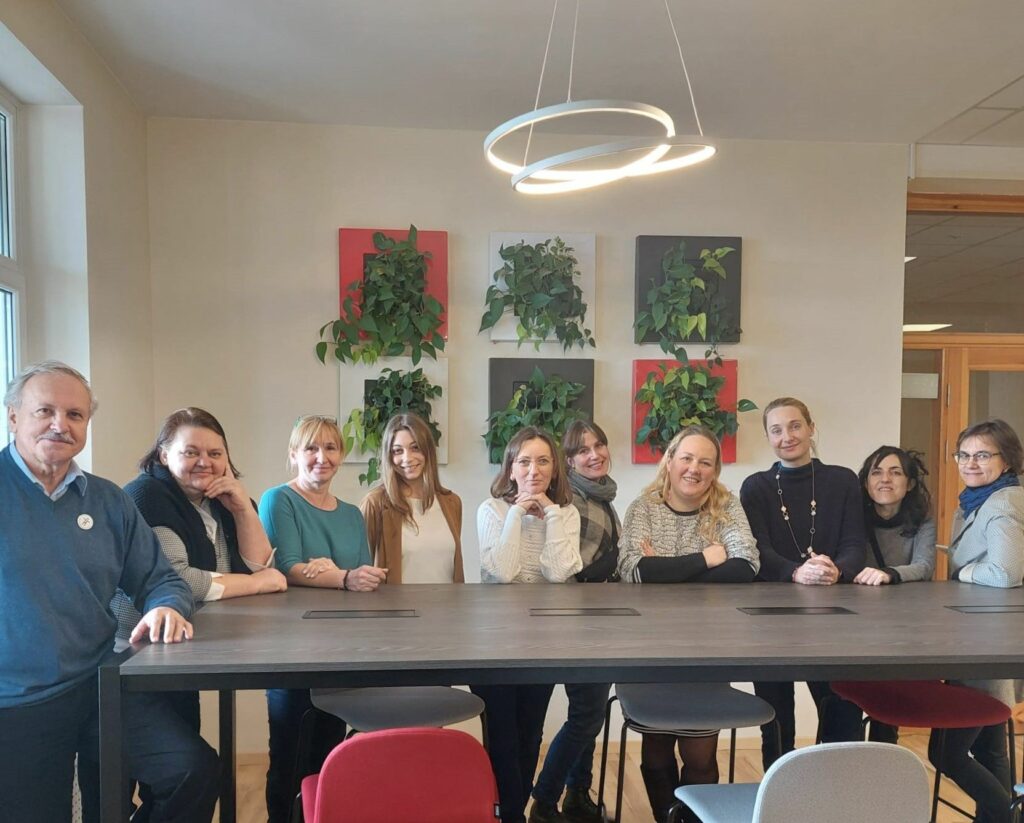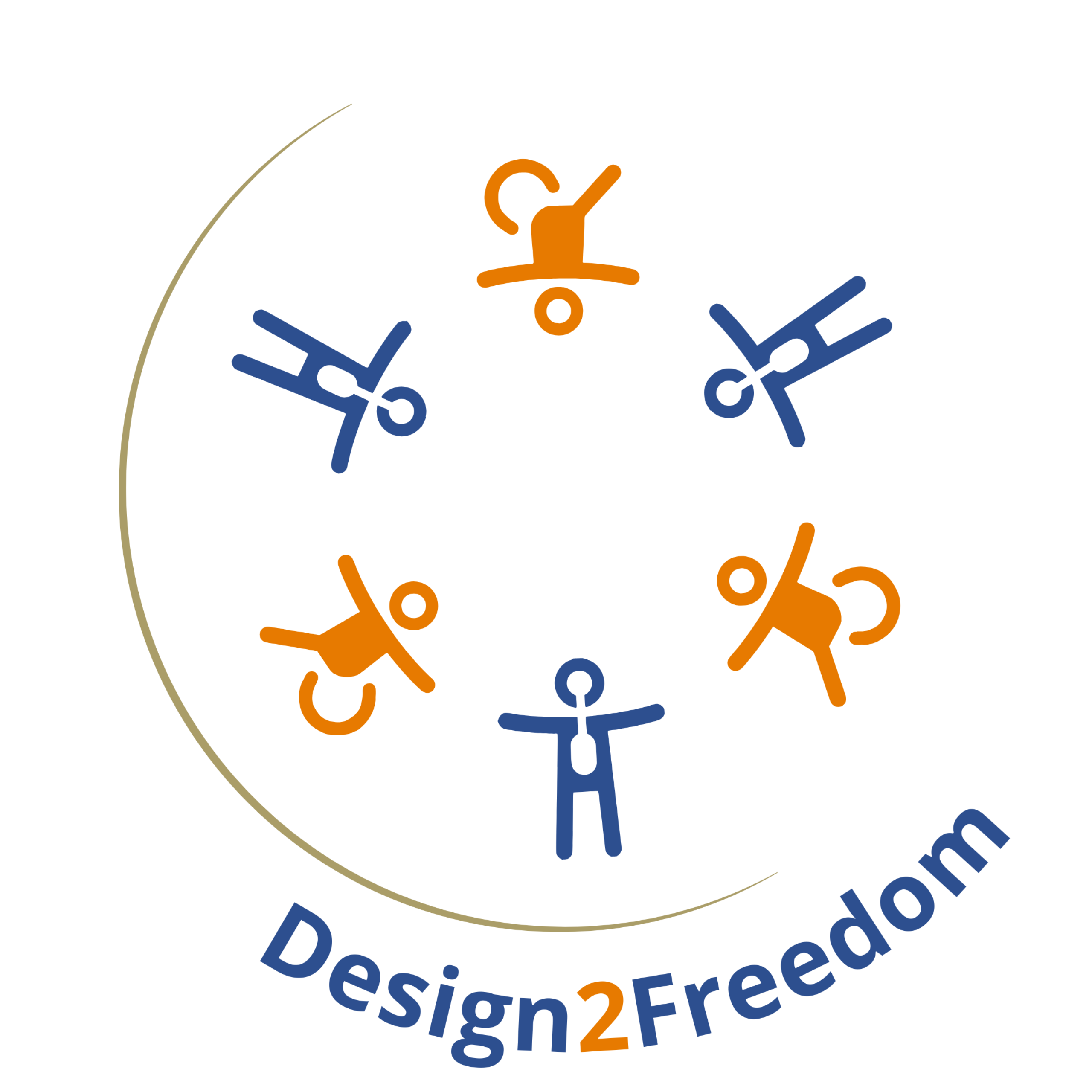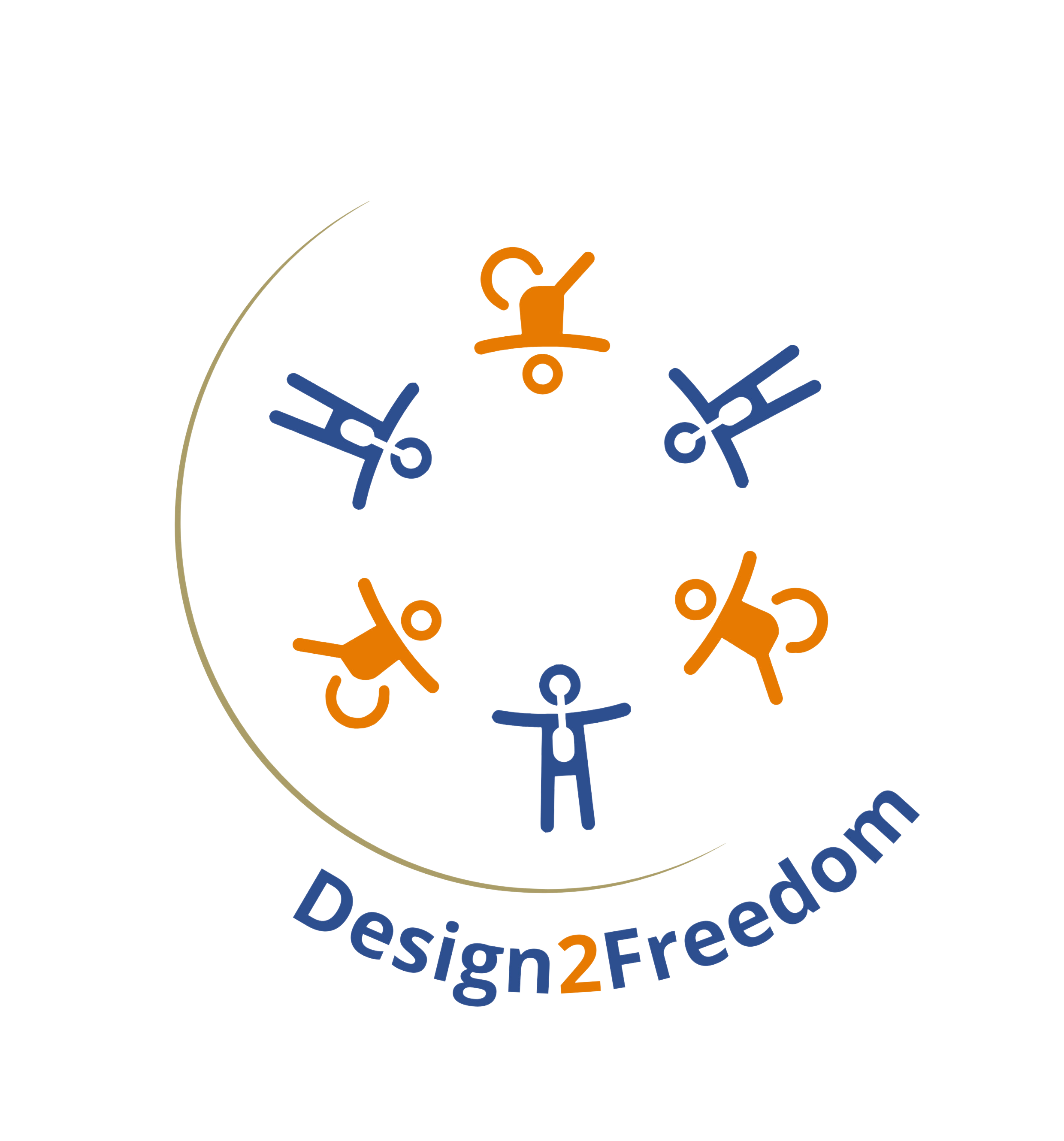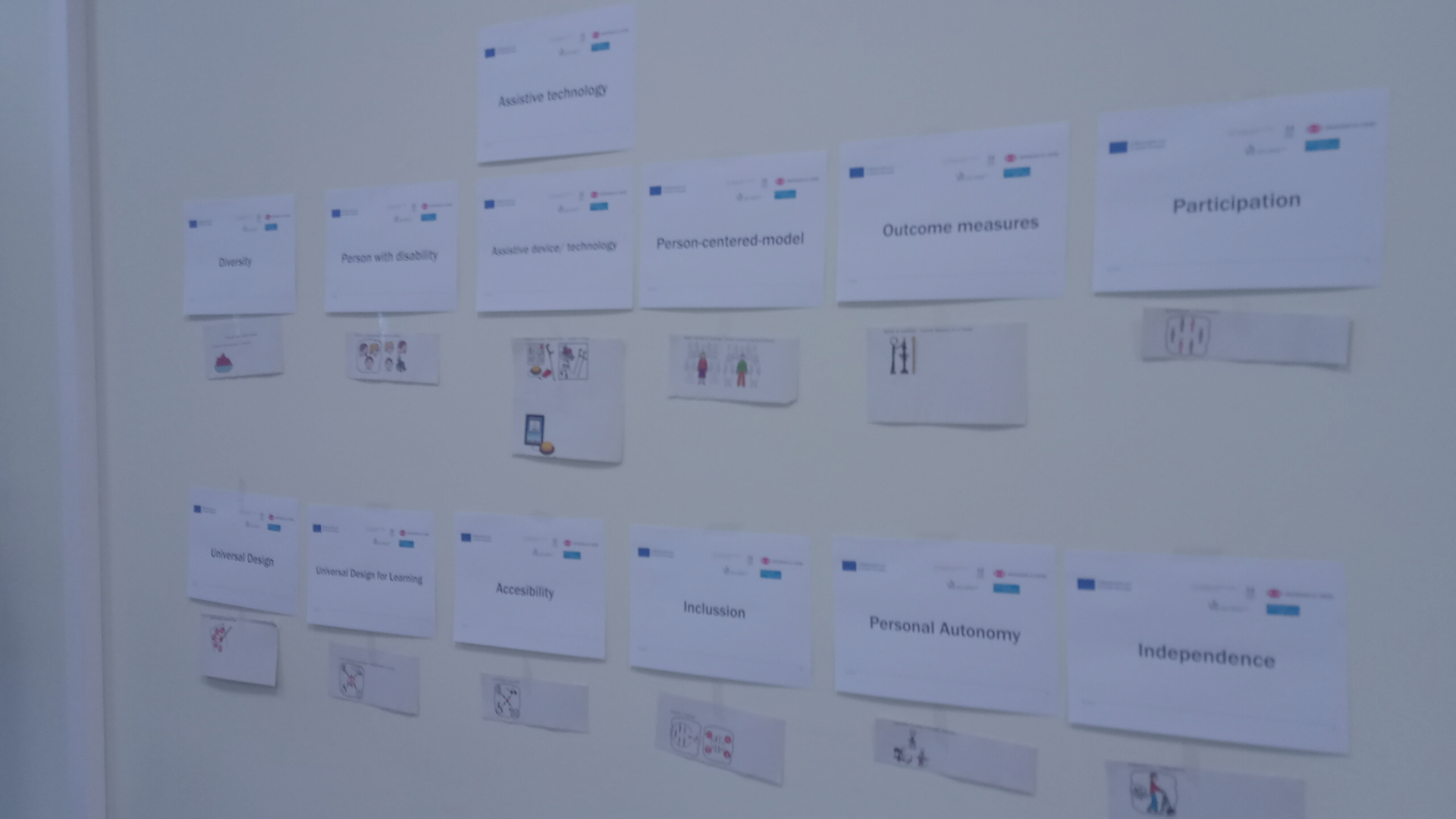Kick-Off Meeting of the Design2Freedom Project: A Collaborative Step Towards Inclusive Education
Launching a European Initiative to Advance Person-Centered Design in Higher Education
Last February, the Design2Freedom project, a European initiative aimed at promoting Person-Centered Design (PCD) in university education, held its inaugural meeting in Lithuania. Coordinated by the Spanish Confederation of People with Physical and Organic Disabilities (COCEMFE) and funded by the European Commission through the Erasmus+ program, this project strives to enhance the design of products for people with disabilities by integrating PCD principles into higher education curricula.
Project Overview
Running until May 31, 2026, the Design2Freedom project brings together five entities from across Europe:
- COCEMFE (Spain): Lead coordinator, specializing in disability management, person-centered design, and inclusive education.
- Universidade da Coruna (Spain): Contributing with university actions and scientific expertise in assistive technologies.
- Vilniaus Kolegija (Lithuania): Participating through university initiatives and educational programs.
- Creative District (Belgium): Offering social innovation, event organization, and collaborative communication.
- Technicka Univerzita v Kosiciach (Slovakia): Bringing experience in assistive technologies and education for students with disabilities.

Kick-Off Meeting Highlights
Held from February 29 to March 1, 2024, the first transnational meeting of the project partners was a significant first step. This initial gathering provided a platform for participants to identify and share key concepts integral to the project’s success, including:
- The Social Model of Disability: Understanding disability as a societal issue rather than just a medical condition.
- Universal Accessibility: Ensuring that environments and products are usable by all people, to the greatest extent possible, without the need for adaptation.
- Assistive Technologies: Exploring innovative tools and devices that enhance the independence and capabilities of individuals with disabilities.
- Person-Centered Design: Focusing on the needs, preferences, and experiences of individuals with disabilities in the design process.
- Participatory and Inclusive Methodologies: Implementing collaborative approaches that involve both teachers and students from various disciplines in the learning process.
Collaborative Planning and Milestones
The meeting also served as a planning session, where the project partners unified their timelines, milestones, and guidelines. This collaborative effort ensures that all entities are aligned and working towards common goals, fostering a cohesive and effective project execution.
Looking Forward
The Design2Freedom project is set to make significant contributions to higher education by promoting inclusive and participatory design practices. By involving a diverse group of educators, researchers, and innovators, the project aims to create a more accessible and empowering learning environment for students with disabilities.


